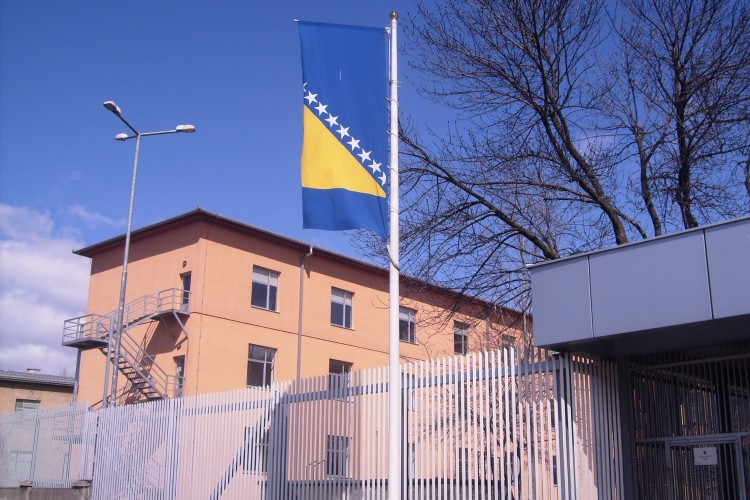 The Association for Social Research and Communication (UDIK) reminds the public of the 30th anniversary of the war crimes that took place in Pionirska Street and Bikavac in Visegrad in June 1992.
The Association for Social Research and Communication (UDIK) reminds the public of the 30th anniversary of the war crimes that took place in Pionirska Street and Bikavac in Visegrad in June 1992.
In the Pionirska Street Fire, on 14 June 1992, a group of Bosniak civilians were locked en masse in the house of Adem Omeragic in Visegrad. The house was set ablaze and the occupants were left to burn to death. About 70 Bosniak women, children and elderly men, most of them from the village of Koritnik, were confined in a house in Pionirska Street by cousins Milan and Sredoje Lukic, leaders of the paramilitary unit called Avengers. The youngest victim was two days old. A similar scenario happened on June 27, when approximately 70 Bosniak civilians were forced into one room in the house of Meho Aljic in the settlement of Bikavac, near Visegrad. After the captives were robbed, the house was set on fire and the occupants were burned alive.
According to the testimony of Zehra Turjacanin, there were many children in the house, the youngest less than one year old. Such crimes were repeated at several other locations in Visegrad.
For war crimes in Visegrad the ICTY sentenced Milan Lukic to life imprisonment and Sredoje Lukic to 27 years in prison.
A few years ago, UDIK presented the publication War crimes in Višegrad – verdicts. The publication included nine convictions for war crimes committed in Visegrad, issued by the State Court and the Supreme Court of the Federation.
During the aggression against Bosnia and Herzegovina, members of various Republika Srpska Army (VRS) formations committed monstrous crimes against the non-Serb population of Visegrad, especially women and children.
Pionirska, Bikavac, Uzamnica, Vilina Vlas and other locations are real examples of the nature of war crimes in the Visegrad area. The Hague Tribunal has proved that one of the most monstrous campaigns of ethnic cleansing was conducted in Visegrad during the Bosnian war.
The results of the systematic extermination of the non-Serb population are clearly visible today in the almost mono-ethnic structure of the Visegrad population. Bosniak returnees are intimidated by glorifying the Chetnik movement, erecting monuments to Chetnik leaders, but also by the former Vilina Vlas camp, which is today a tourist attraction in this city.
Prosecution of perpetrators of war crimes by domestic courts is extremely important for the process of dealing with the past. Finding the remains is a new step forward in wound healing and building trust and reconciliation in this area. Therefore, we appeal to the citizens of Višegrad to finally speak the truth about the fate of their fellow citizens so that the remains of the victims of the Pionirska Street, Bikavac and other Višegrad execution sites can be buried properly, UDIK says in a statement.
















